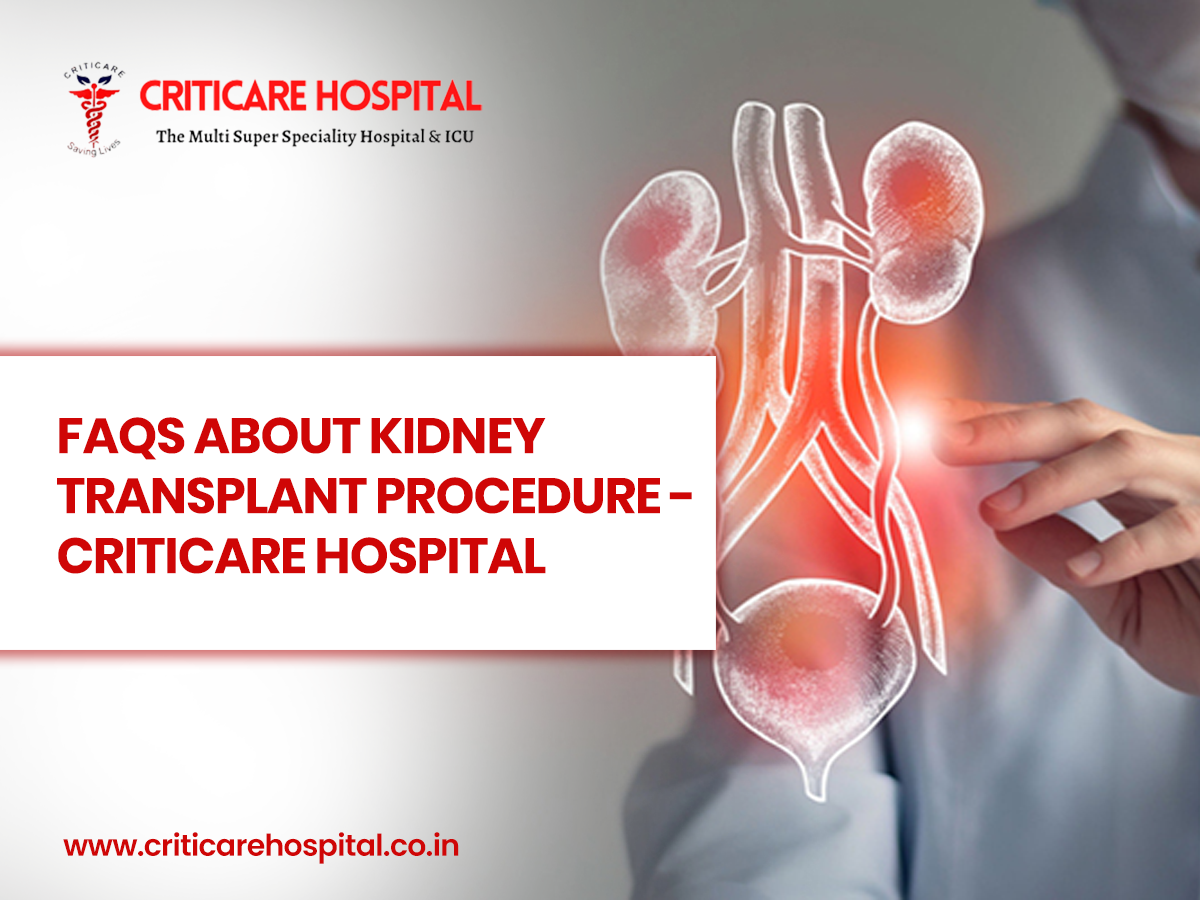A kidney transplant is a process in which the donor’s kidney is placed in the lower abdomen. For many people whose kidneys have failed, a kidney transplant can offer a better quality of life than kidney dialysis. If your mind is surrounded by many questions, then we are here to answer all those queries.

Tags:



